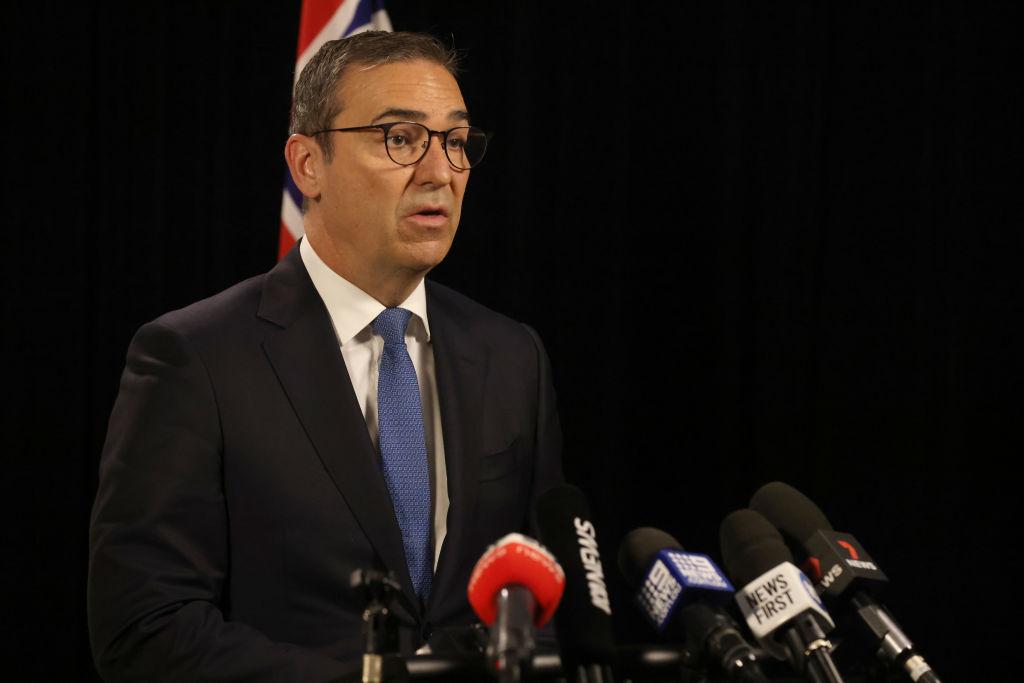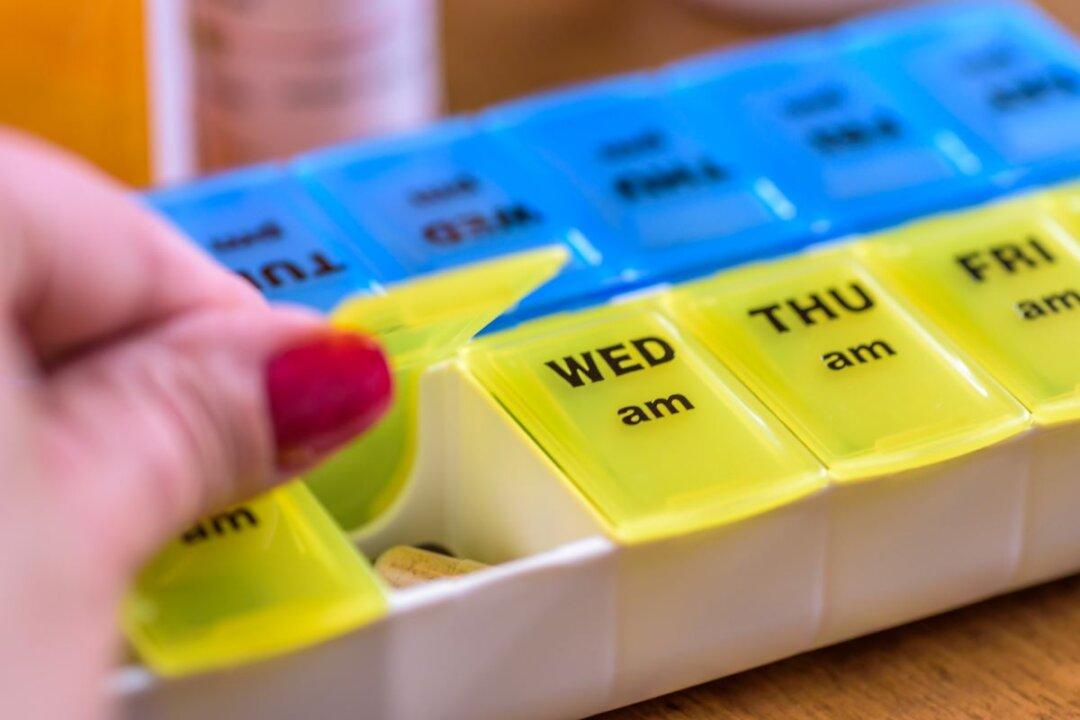South Australian (SA) Premier Steven Marshall has promised to help the state’s motorists find the cheapest fuel at any given time by making the already operating real-time fuel pricing scheme permanent.
According to Marshall, the scheme, which is at the end of the first year of a two-year trial, has enabled motorists to save hundreds of dollars by alerting them via an app to which service stations have the cheapest fuel.





